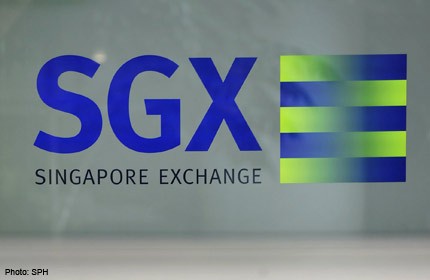Singapore firms do barely enough in governance


If the governance sections in the annual reports of Singapore's listed companies create a sense of deja vu, that is because they are often very similar, a report by compliance consultancy Red Flag Group found.
"A number of companies used considerably similar wordings when describing the role and functions of their audit committees, prompting one to question whether these were merely empty statements copied from others to ensure compliance with regulations or well thought out plans for an oversight body," said the report released on monday.
Singapore's largest listed companies do barely enough to communicate and comply with governance regulations, it said.
The study looked at 100 of the largest listed companies on the Singapore Exchange, and rated them on eight criteria, including whether a code of conduct existed and was publicly available; whether a company had a chief compliance officer or similar position; whether the company had a compliance committee or equivalent group; and the level of attention paid to compliance issues in the annual report.
The study found that of the firms listed in Singapore, those headquartered domestically had better overall scores than those based elsewhere.
"The stronger positive correlation can possibly be explained by the fact that Singapore-based companies have long been accustomed to the local authorities' zero-tolerance approach towards corruption and thus have developed a comparatively more positive and proactive attitude towards compliance and anti- corruption," noted the report.
If the governance sections in the annual reports of Singapore's listed companies evoke a sense of deja vu, that's because they are often very similar, the report said.
In fact, the study found a good deal of similarity in the language used to convey governance issues such as compliance, and a narrow definition of governance in general.
Singapore companies' strongest performance came in the area of having compliance committees, most often in the form of audit committees.
Of the 100 companies in the study, 21 had scores of three or higher out of a best possible four, indicating the presence of units that dealt with compliance issues primarily or to a large extent.
But the study also found that only four out of the 100 companies made their internal codes of conduct - documents that set out expectations of how employees should act - publicly available.
Making such documents available will show "not only existing investors, but also prospective investors, prospective employees, any external stakeholders, what the standards and values the company adheres to and how it prioritises its communications", said Red Flag consultant Michael Woodward.
But David Chew, executive director of enterprises risk services at Deloitte Singapore, said "many experts suggest that it is not actually a good practice" to have too much public disclosure.
"Achieving PR gains is not in the DNA of many Singapore companies, who tend to be more business and growth-oriented," he said.
Mr Chew also felt that the quality of governance should be assessed with consideration for a company's unique circumstances, rather than simply looking at whether it goes beyond the regulatory requirements.
"Companies should strive to achieve the highest possible level of governance, with due regard to their operating model, using these guidelines and principles as the foundation - and possibly going beyond," he said.
"It is the essence of governance that matters, not the form."